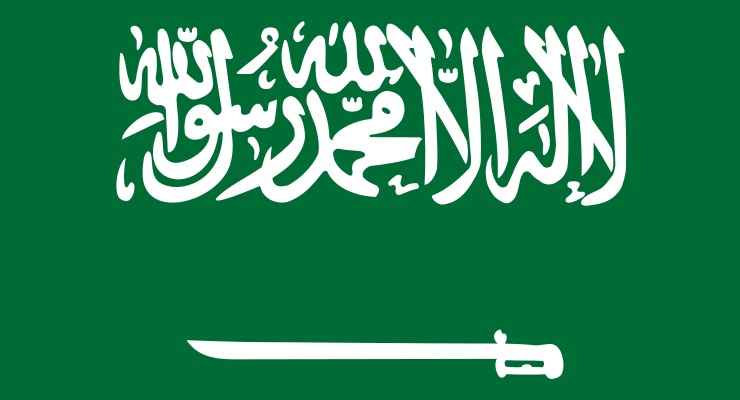Demonstrators took to the streets of Yemen’s capital to protest Trump’s visit to the Saudi Kingdom | Democracy, elections and voting at Democracy Chronicles
Demonstrators on Saturday took to the streets of Yemen’s capital, Sanaa, to protest President Donald Trump’s visit to the Saudi Kingdom. For two years, Yemen has been embroiled in a civil war between the country’s Saudi-backed government and the Houthi movement, which is allied with Iran. Martin Smith, of the PBS series FRONTLINE, joins Alison Stewart by phone from Sanaa.
Video Transcript
ALISON STEWART, PBS NEWSHOUR WEEKEND ANCHOR: Sharing the Arabian Peninsula is the small nation of Yemen, where thousands of demonstrators today took to the streets of the capital, Sana’a, to protest President Trump’s visit to the Saudi kingdom. This came a day after rebel Houthi fighters, opposed to the Saudi-backed Yemeni government, fired a ballistic missile towards Riyadh. The Saudis intercepted it 125 miles west of the city.
For more on the situation, Martin Smith, from the PBS series “Frontline,” joins me via Skype, from Sana’a.
Martin, you were at the protests today. What did you see?
MARTIN SMITH, PBS “FRONTLINE”: Yes, well, I saw that people had come out to protest Trump’s arrival, President Trump’s arrival in Riyadh, the Saudi capital. I don’t know how to estimate crowd size, but it was certainly large. And they were there with posters, Houthi slogans, you know, down with America, down with Israel, God curse the Jews, and victory to Islam.
And there were a series of speakers that led chants of anti-American chants, anti-Saudi chants. And they’re particularly upset that President Trump arrived in Riyadh to sign a $110 billion arms deal. These arms will go to the Saudis, and they will use these arms in their war in Yemen. And the country’s been through two years of war, and the people feel broken.
STEWART: And as a result of those two years of war, there’s a humanitarian crisis there. What you can tell us about that?
SMITH: There is. There are several. There’s a food shortage.
Well, the WHO, the World Health Organization, estimates that the cholera epidemic itself will probably infect some 200,000 to 300,000 Yemenis. Right now, the count is about 14,000 and about 200 to 300 people have died. UNICEF estimates 70 percent of all Yemenis are in need of some kind of humanitarian assistance. Nineteen million, I think, the number is of people in need of food. You’ve got an extremely serious situation in which the country is close to tipping into famine.
STEWART: I want to ask one follow-up question about the protests. Were they peaceful? Were the protesters agitated? What was the mood there?
SMITH: We didn’t sense hostility personally. I mean, they always make the distinction here that they dislike the government of the United States and that applies to both President Trump and President Obama before him. But that the people of the United States are not their enemy.
STEWART: Martin Smith, reporting from Sana’a — thank you so much.
SMITH: Thank you, Alison.

Leave a Reply